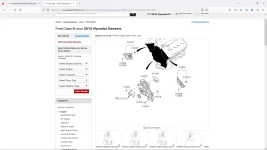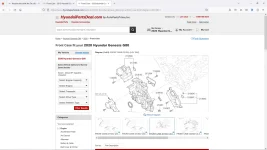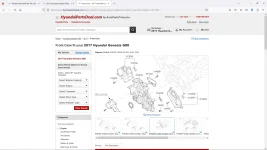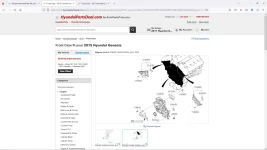Genesiswonderer
Registered Member
- Joined
- Sep 26, 2018
- Messages
- 354
- Reaction score
- 93
- Points
- 28
- Genesis Model Type
- 1G Genesis Sedan (2009-2014)
Title? I certainly think so. They were just really good engines. They had good performance with decent efficiency, were really smooth and refined, and they were some of Hyundai's most reliable engines, especially the 4.6. I am certainly sad to see them go, and it honestly makes me want to 5.0 swap a 2023 G90.
Any thoughts are appreciated! Have fun discussing y'all!
Any thoughts are appreciated! Have fun discussing y'all!


















